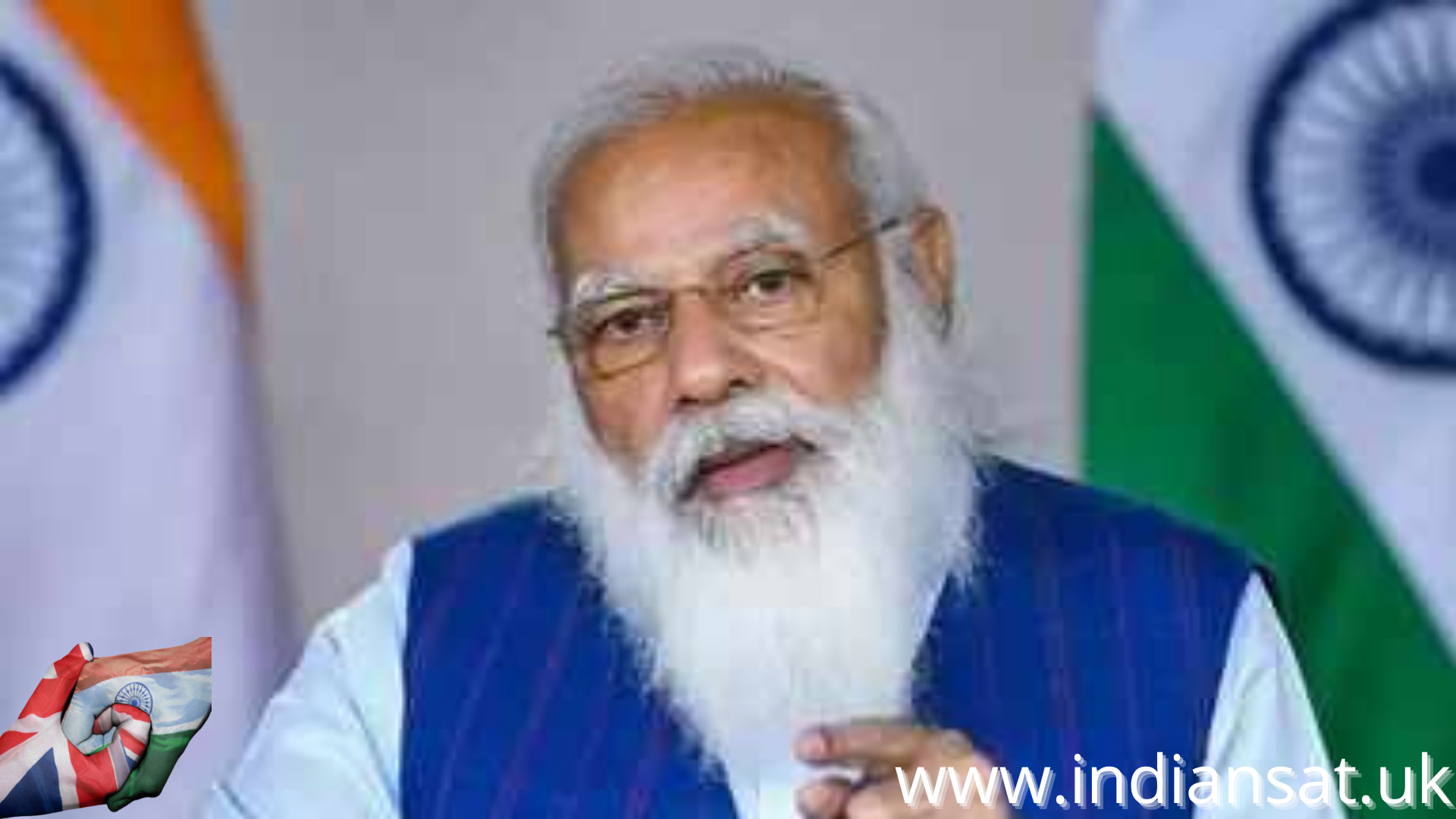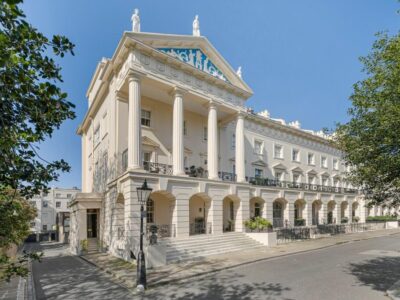The emphasis on a coordinated global approach on engaging Taliban at PM Narendra Modi and Boris Johnson’s conversation comes at a time a Taliban delegation is in Qatar for talks with several countries, including the US, to seek international recognition for the Taliban regime
Prime Minister Narendra Modi and his British counterpart Boris Johnson on Monday agreed on the need for a coordinated global approach to engagement with the Taliban against the backdrop of the group stepping up its efforts to gain recognition.
The situation in Afghanistan figured in a phone call between Johnson and Modi, who also reviewed progress in implementing Roadmap 2030 for India-UK relations adopted in May.
“The leaders also talked about the current situation in Afghanistan. They agreed on the need for a coordinated international approach to engagement with the Taliban, emphasising the importance of upholding human rights in the country,” a 10 Downing Street spokesperson said.
The external affairs ministry said the leaders “agreed on the need to develop a common international perspective on issues regarding extremism and terrorism, as well as human rights and rights of women and minorities”.
Modi also tweeted about the meeting. “Was a pleasure to speak to Prime Minister @BorisJohnson. We reviewed progress on the India-UK Agenda 2030, exchanged views on climate action in the context of the forthcoming COP-26 in Glasgow, and shared our assessments on regional issues including Afghanistan,” he said.
Johnson and Modi further discussed the shared fight against coronavirus disease and the importance of cautiously opening up international travel. “They agreed the UK’s recognition of Indian vaccine certification is a welcome development to that end,” the readout said.
A Taliban delegation led by acting foreign minister Amir Khan Muttaqi is currently in Qatar for talks with several countries, including the US, aimed at getting international recognition for the setup in Kabul and to seek the lifting of a freeze on assets worth around $10 billion.
The US state department said an interagency delegation that held talks with the Taliban representatives in Doha during October 9-10 “focused on security and terrorism concerns”, safe passage for US citizens, foreign nationals and Afghan partners and human rights. The US said it would continue to provide humanitarian aid directly to the Afghan people, and the American delegation reiterated that the Taliban “will be judged on its actions, not only its words”.
India has asked the world community not to be in a rush to recognise the Taliban set up as it is not inclusive and was formed without negotiations.
During their phone conversation, Modi and Johnson discussed the overall India-UK relationship and “welcomed the progress made on the 2030 Roadmap since it was agreed…in May”, according to the readout from Downing Street. This included progress in areas such as trade and defence.
They also reviewed progress in the “enhanced trade partnership”, which is aimed at concluding a free trade agreement by next year.
The leaders also looked forward to the upcoming visit of the UK carrier strike group led by the HMS Queen Elizabeth to India and the deepening of the bilateral strategic partnership.
They had an extensive discussion on issues related to climate change in the context of the COP26 Summit in Glasgow in November. Modi conveyed India’s commitment to climate action, as reflected in New Delhi’s ambitious target for expanding renewable energy and the new National Hydrogen Mission.
Johnson “underlined the importance of making concrete progress on climate change ahead of and at the upcoming COP26 Summit”, and noted that India already leads the world in renewable technology. Johnson also expressed his hope that India “will commit to a more ambitious Nationally Determined Contribution and to achieving Net Zero emissions”, the readout said.
The UK announced last week that it will begin accepting India’s vaccine certificates from October 11, ending a travel row that resulted in British nationals facing a 10-day mandatory quarantine on arrival even if they are fully vaccinated.
British high commissioner Alex Ellis has said there will be “no quarantine” for Indian travellers who were fully vaccinated with Covishield or any other UK-approved vaccine
![]()






